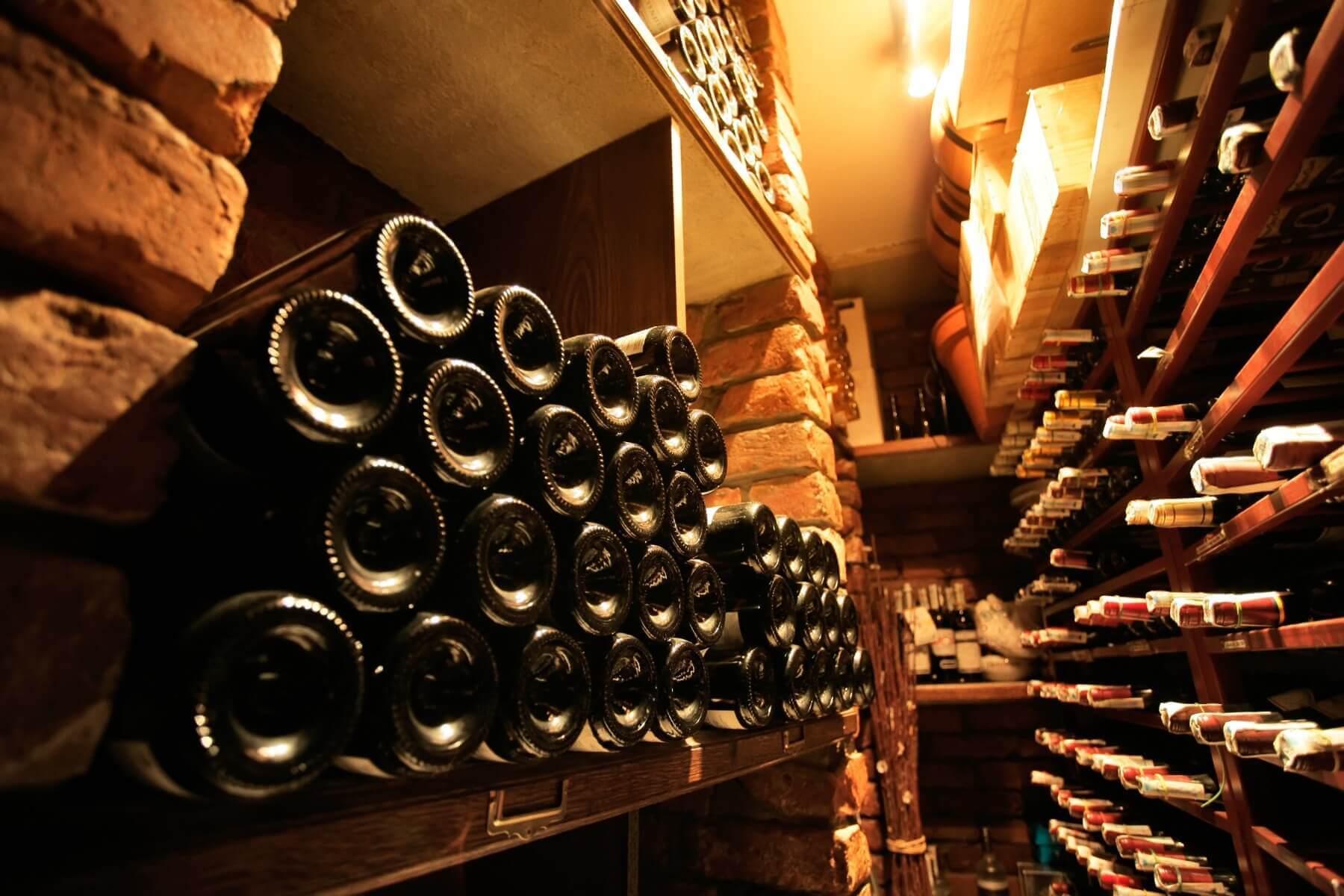
Collectors and investors look for high-quality and vintage wines from exceptional regions and brand names. However, if the provenance of the bottle is not assured, even the most prized wine brand labels might become worthless. Wondering what is provenance, though? Well, wine authenticity, ownership documentation, bottle origin, and storage conditions are all covered by wine provenance. Below, we have discussed why wine provenance is important to investors!
Knowledge of the wine's provenance helps with following:
Reduces the possibility of being duped
Buyers find it challenging to discern between a fake and an actual wine bottle because scammers go to great lengths to produce counterfeit wine. For instance, James Wellesley and Stephen Burton ran a significant wine fraud conspiracy between 2017 and 2019. According to Wine Spectator, they sought out the best french red wine investors and convinced them to invest $99.4 million by using fake wines as security for loans. In March 2022, federal prosecutors in New York filed charges against the con artists.
Thanks to anti-fraud technology, that examines the bottle's typeface, design, and cork size and lets wine experts determine a wine's provenance. It enables them to authenticate each wine bottle, validate its origin, and track its ownership history.
Suitable Storage Conditions
Wine is a symbol of life that, as it ages, takes on a more distinctive personality and a finer flavour profile. However, any age-worthy wine bottle (such as Chenin Blanc, Cabernet Sauvignon, Gaia wines, or Pinot Noir) will quickly lose its flavour if exposed to excessive heat, light, vibration, or temperature variations. Therefore, you need to ensure that a bottle of wine you intend to age for a while was stored properly before you purchase it. It is only then that you can guarantee consistent development and a successful return on your investment. As a result, it's crucial to examine the storage conditions, cork and label conditions, and ullage carefully.
What Do Wine Specialists Look For in Wine Provenance?
Wine experts examine the following factors to establish a wine's provenance:
Ownership
Proof of ownership is essential in determining a wine's origin, regardless of where you purchase it. Single ownership is generally favoured as it makes it simpler to assess the history and storage conditions of the wine.
Weary Label
The bottle's label could wear damage, especially if you have an older collection of bottles (aged for several years or decades.) Even with premium brand names, the label's condition might influence how much the wine is worth.
Cork Condition
There are two telltale markers of a less-than-pure provenance when it comes to cork condition:
Drier cork
The cork will dry out if your wine bottle is kept upright for an extended period of time. A dry cork will eventually grow holes, hastening the oxidation and reducing the quality of the wine.
Cork mould
If a wine bottle is exposed to too much humidity, the cork may become mouldy and transmit TCA (Trichloroanisole) throughout. A strong smell of a wet dog, a taste of musty cardboard, and apparent clumps in the wine bottle are all signs of contaminated wine.


